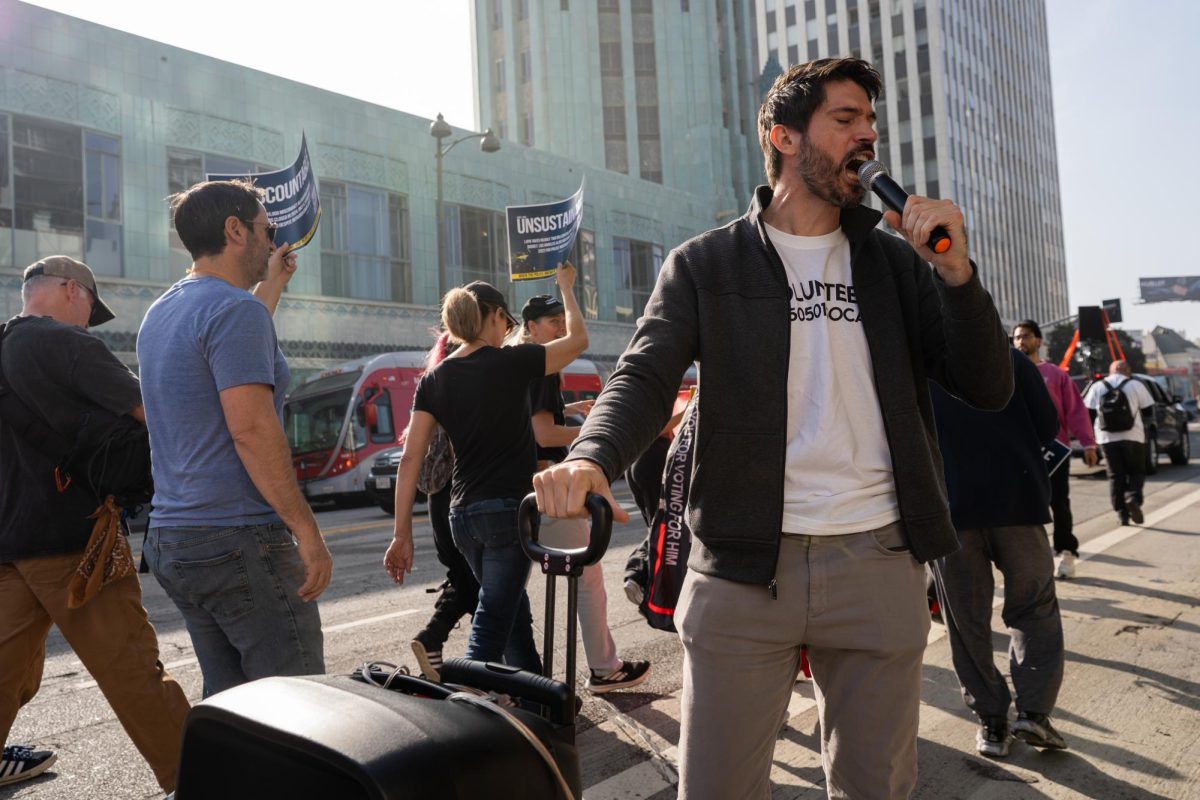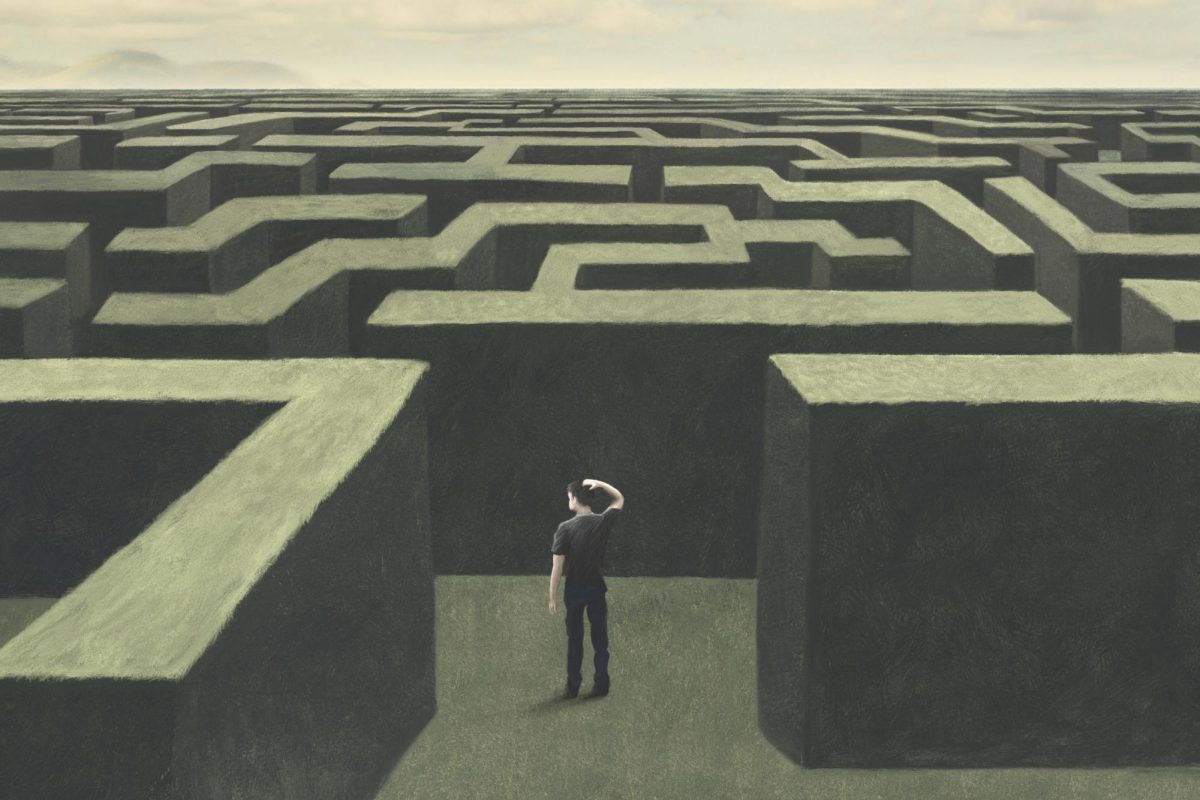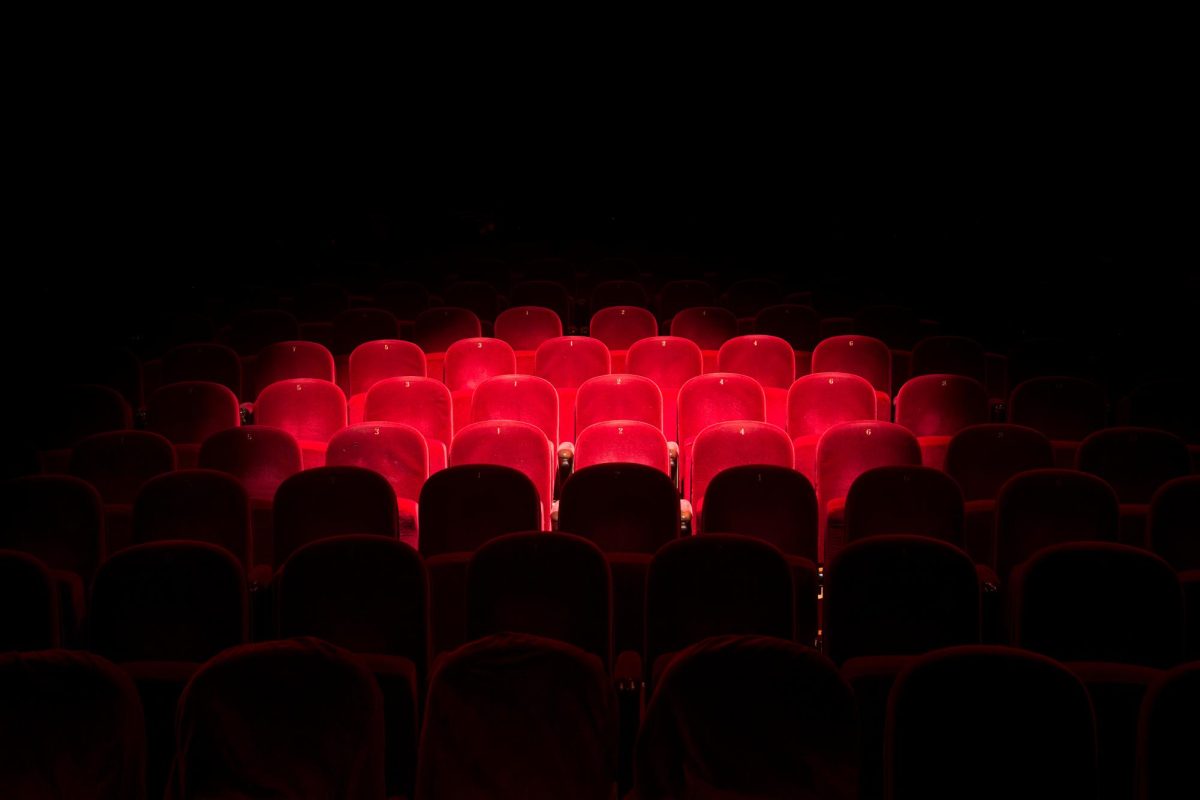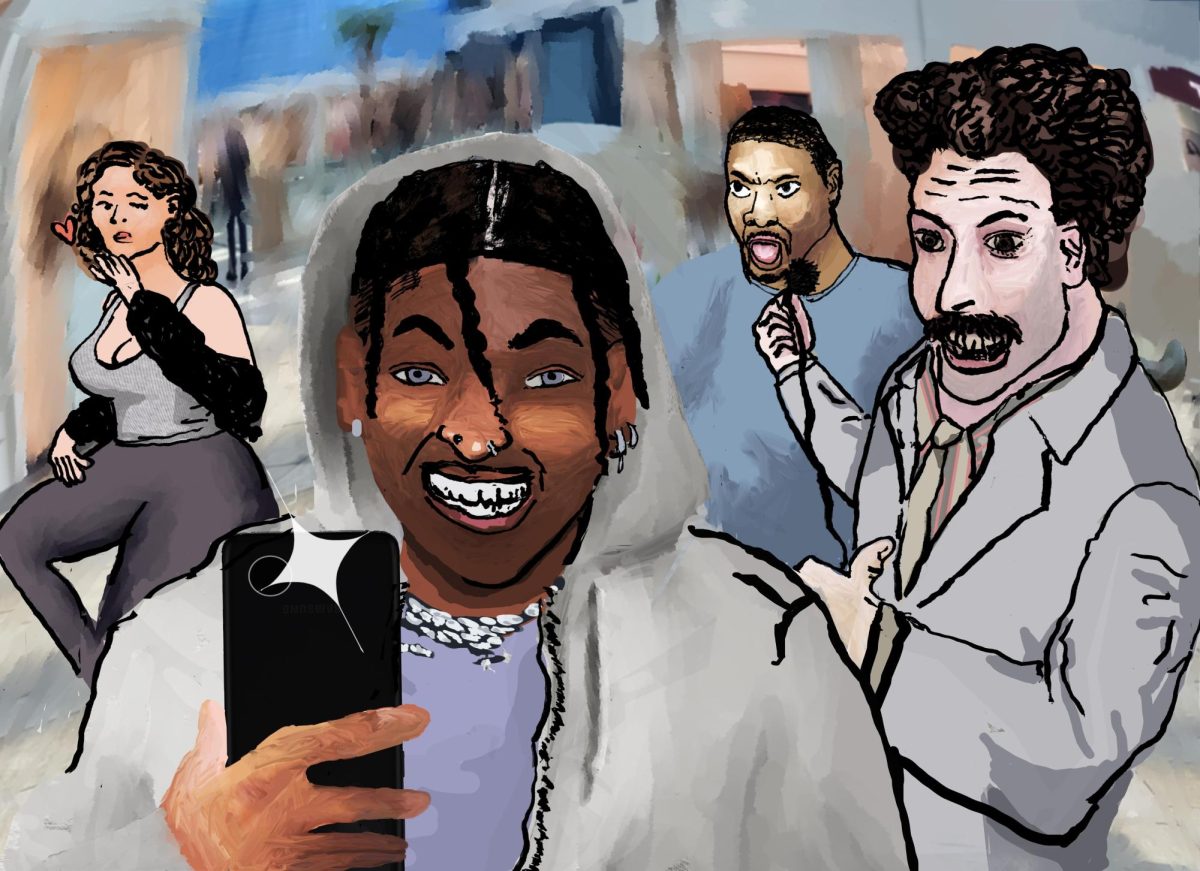Chances are you’ve heard of safe spaces, perhaps in a debate on free speech. You’ve probably heard a lot of negativity towards them; the very idea sends some flying into a rage, that safe spaces stifle discussion in classrooms. The reality is that the people who claim to not need safe spaces are rarely aware of their purpose. As someone who does attend safe spaces, here are some facts.
Simply put, a safe space is where a marginalized person can be comfortable and open because the world we live in isn’t safe enough for that. For some of us this is quite serious and our safety really depends on not talking out our issues in the wrong places, and this can include family settings. Marginalized people are free to talk about issues pertaining to them without any outsiders butting in to object and to briefly get away from an oppressive world. The existence of safe spaces won’t threaten anyone’s freedom of expression; for the people who need them, safe spaces ensure their freedom of expression.
This doesn’t mean everyone in a safe space has the same views; people debate a variety of topics in the Pride Center, CSUN’s safe space for LGBT students. I hear opinions that I disagree with, but I can rest easy knowing no one will question my gender or sexuality – which is more than what I can say about the rest of the world, even my classrooms. We might agree on some basic issues but there’s still much to share and discuss with each other. The Pride Center even has meetings which act as more specialized safe spaces for LGBT people of color, trans and nonbinary LGBT people and deaf LGBT people.
On that note, classrooms aren’t expected to be safe spaces; while ideally students should feel safe in their classrooms, classrooms are too diverse to work as safe spaces outside of some specialty classes and schools.
Sometimes I hear non-marginalized people call safe spaces little more than intellectual exercises, places they can walk into and debate with the attendees on personal topics. I can understand the logic behind that. We live in a society that holds debate as an absolute virtue, often superseding other concerns like healing and comfort. It’s also a deeply privileged view; one of the last things I want is for cishet people to enter the Pride Center hoping to engage me or anyone else in a debate on safe spaces or wanting me to answer their questions on LGBT people. There are other places for explaining the basics for anyone who wants to hear; safe spaces are strictly for the people who need them. There are safe spaces I will never be welcome in, and that’s fine; I respect that and have no need to enter them. We ask that others respect those wishes too.
Everyone has their safe spaces. The more marginalized you are, the smaller yours becomes until the safe space as outlined above becomes necessary for mental well-being. When someone is adamantly against safe spaces, that usually means their safe space is so big that they don’t need to worry about healing and comfort. They can discuss and debate their issues without much challenge, and when there is challenge it’s not a big deal.
The key to understanding safe spaces, and why they’re necessary is empathy; recognize that other people have needs different from your own and require more assistance in functioning because the society we live in privilege majorities over the minorities. I’m marginalized in multiple, intersecting ways: racially, sexually and in gender. In everyday life I can’t express much of that. I want to celebrate who I am openly, and right now safe spaces are one of my only options for that.












